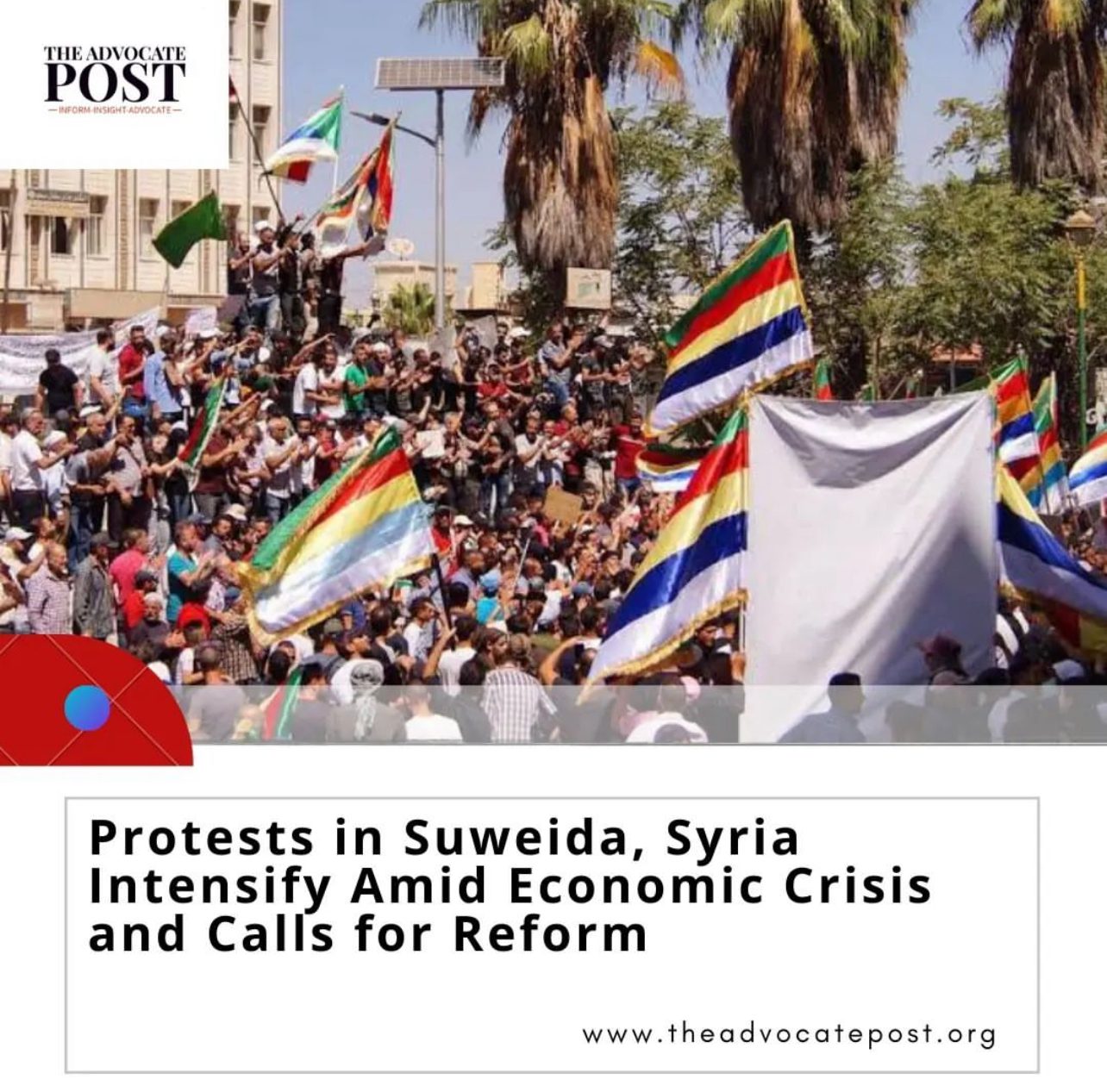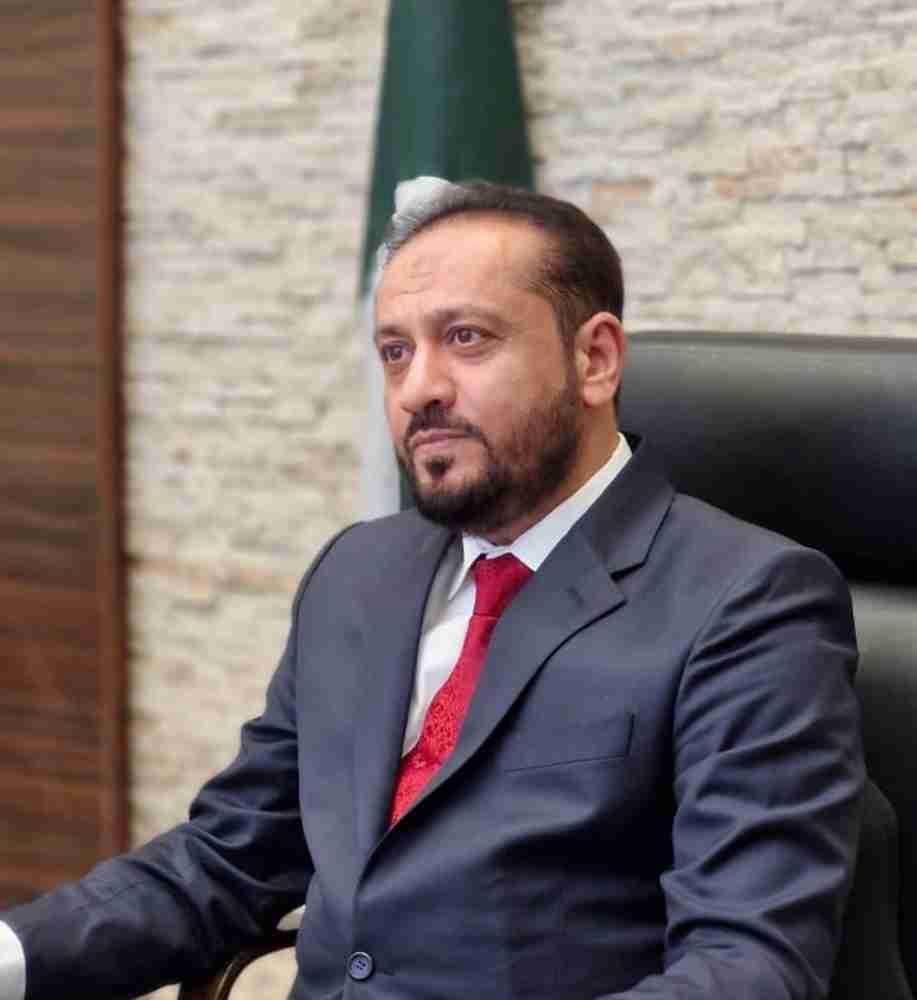Protests have been unfolding in the southern Syrian city of Suweida for over a month now, as thousands of citizens gather in Al-Karama Square, demanding economic and political reforms from the government in Damascus. These demonstrations, which have reached their peak with around 3,500 to 4,000 participants, stem from the economic strain brought on by the recent reduction of fuel subsidies and a substantial increase in gasoline prices by nearly 250 percent, enacted by President Bashar Assad’s regime in August.
The economic impact of the ongoing war, coupled with these austerity measures, has plunged Syrians into dire conditions. Approximately 90 percent of citizens living in government-controlled areas find themselves below the poverty line, with half of the population facing food insecurity.
Beyond economic grievances, Syrians are frustrated with the lack of basic rights and freedoms. While these protests may have been sparked by economic decisions, they encompass broader demands, including political, social, and civil rights, as well as the release of detainees.
While the protests are primarily concentrated in southern cities, they reflect a growing sentiment of dissatisfaction prevalent across Syria. People are increasingly willing to voice their criticism of the government and its leadership openly and boldly. The Syrian pound’s record low on the black market, coupled with the government’s shift away from supporting impoverished households, has exacerbated the grievances of the population.
As Syrians in Suweida and other regions continue to raise their voices in protest, the country grapples with both an economic crisis and demands for political change and basic rights. The situation remains fluid, with citizens determined to push for a better future amid immense challenges.
Follow us on social media
@theadvocatepost
www.theadvocatepost.org





